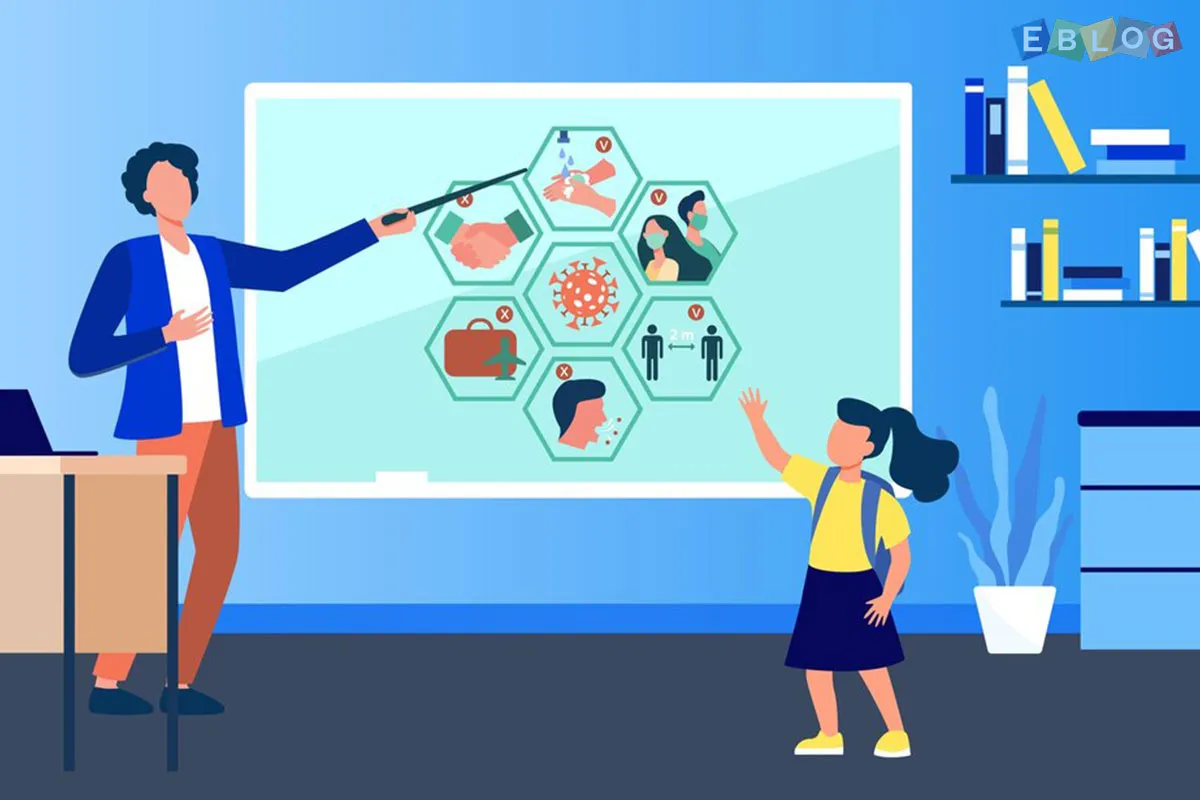
Essential Study Tips For College Students
- 04 Mar, 2024
- Education
- 453 Views
- 0 Comments
Embarking on the journey of higher education is an exciting yet challenging endeavor. College life presents a plethora of opportunities for personal and intellectual growth, but it also demands dedication and effective study habits to succeed academically. To navigate this path with confidence and achieve your full potential, here are some essential study tips tailored specifically for college students:
1. Establish a Consistent Study Schedule:
Creating a structured study routine is fundamental to academic success. Allocate specific times each day dedicated solely to studying, and treat them equally as you would a class or a job. Consistency fosters discipline and helps you stay on track with coursework.
2. Find Your Ideal Study Environment:
Discovering the environment where you can focus best is crucial. Whether it's a quiet corner in the library, a bustling coffee shop, or your own room, identify a space that minimizes distractions and maximizes productivity. Experiment with different settings until you find what works best for you.
3. Set Clear and Achievable Goals:
Define your academic goals for each semester, including short-term objectives (weekly or monthly targets) and long-term aspirations (such, GPA targets or career ambitions). Break down larger goals into smaller, manageable tasks to maintain motivation and track progress effectively.
4. Utilize Effective Note-taking Techniques:
Active engagement during lectures is key to retaining information. Experiment with various note-taking methods, such as the Cornell method or mind mapping, to find the approach that suits your learning style. Review and revise your notes regularly to reinforce understanding and facilitate retention.
5. Embrace Active Learning Strategies:
Passive studying, such as re-reading textbooks or highlighting passages, is often less effective than active engagement with the material. Incorporate active learning techniques like summarizing content in your own words, teaching concepts to peers, or participating in study groups to deepen comprehension and critical thinking skills.
6. Practice Time Management Skills:
Balancing coursework, extracurricular activities, and personal commitments requires effective time management. Prioritize tasks based on deadlines and importance, and use tools like planners or digital apps to organize your schedule. Remember to allocate time for relaxation and self-care to prevent burnout.
7. Seek Support and Resources:
Don't hesitate to reach out for help when needed. Utilize campus resources such as tutoring centers, academic advisors, or counseling services for guidance and support. Forming study groups with classmates can also provide valuable peer support and collaborative learning opportunities.
8. Embrace Healthy Habits:
Physical and mental well-being are integral to academic success. Prioritize a balanced lifestyle by getting enough sleep, maintaining a nutritious diet, and incorporating regular exercise into your routine. Manage stress through relaxation techniques such as meditation or mindfulness to enhance focus and productivity.
9. Review and Reflect Regularly:
Periodically evaluate your study habits and academic progress to identify areas for improvement. Reflect on what strategies have been effective and what changes may be necessary to optimize your learning experience. Adjust your approach accordingly to continually refine your study skills.
10. Stay Motivated and Stay Positive:
College is a journey filled with challenges and triumphs. Stay motivated by focusing on your passions and long-term goals, and celebrate your achievements along the way. Maintain a positive mindset, persevere through setbacks, and embrace the learning process as an opportunity for growth and development.
In conclusion, mastering the art of studying in college requires dedication, perseverance, and a willingness to adapt. By implementing these essential study tips, you can enhance your academic performance, cultivate lifelong learning habits, and embark on a fulfilling educational journey. Remember, success is not solely measured by grades but by the knowledge gained and the skills acquired along the way. So, embrace the challenge, believe in yourself, and strive for excellence in all your endeavors.















Leave a Reply